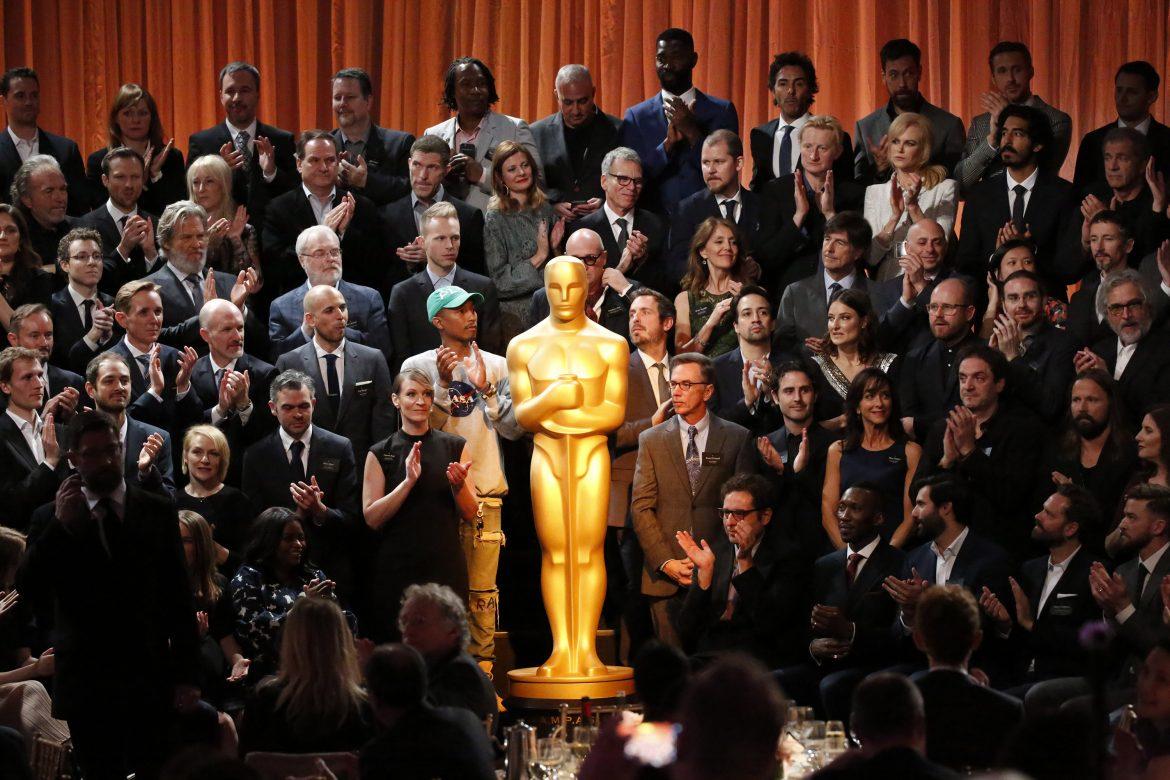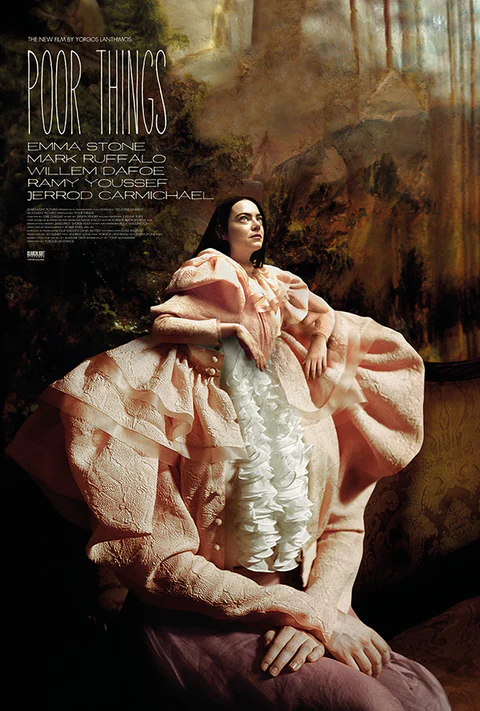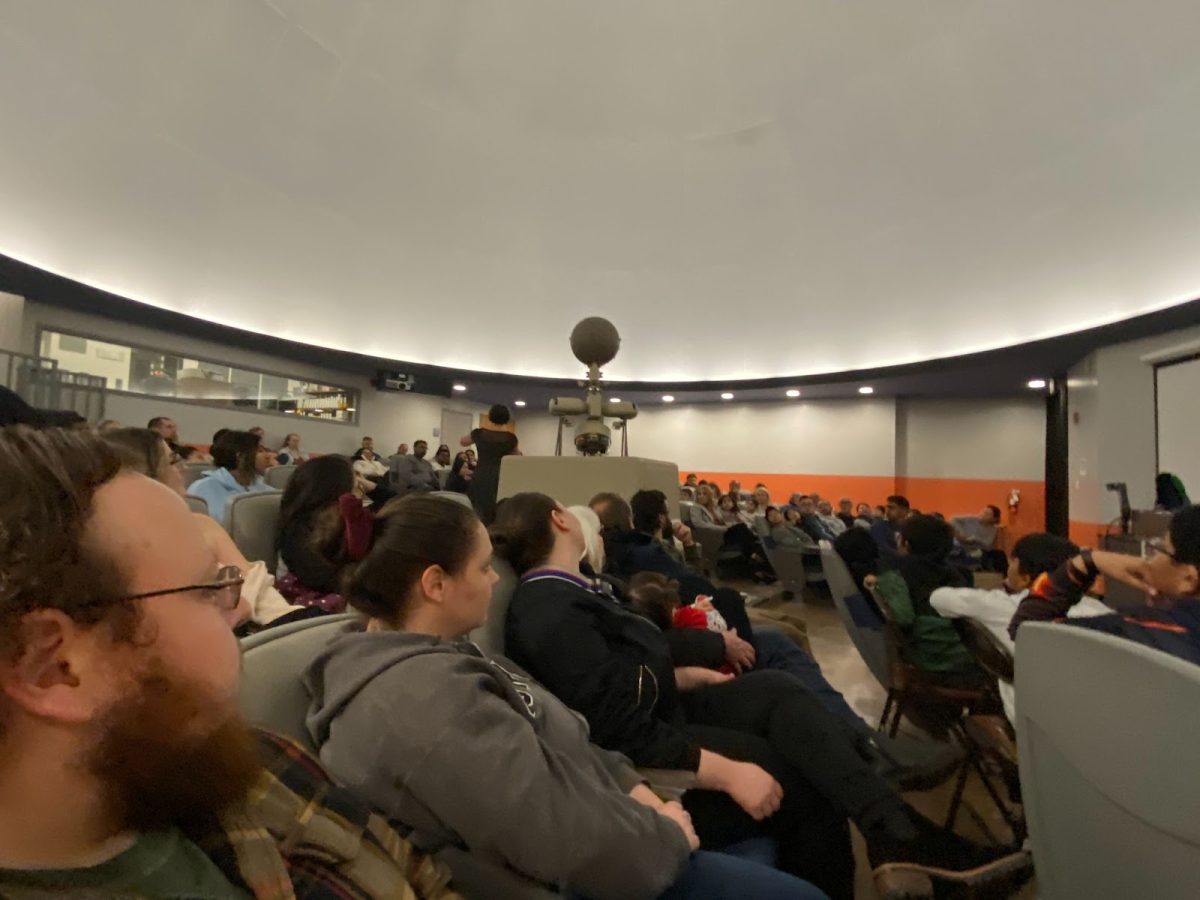When the Oscars announced the 2017 nominees, there was more diversity with more black actors and actresses nominated, but yet, Latino and Asian actors along with directors were excluded from nominations this year, showing that while the Oscars are making progress in terms of diversity, there is still work to be done.
Academy President Cheryl Boone Isaacs wrote in a 2016 statement that while the academy acknowledges the work of the nominees, there was still room for changes to come to the Academy’s long standing practices.
“The Academy is taking dramatic steps to alter the makeup of our membership,” Isaacs wrote. “In the coming days and weeks we will conduct a review of our membership recruitment in order to bring about much-needed diversity in our 2016 class and beyond.”
Theatre major Michaela Escarcega, 23, said the Oscars choose white people because they are the less riskier options.
“Until the filmmakers and the Academy decide to take more risks, this will be a slow journey,” Escarcega said.
Escarcega believes that the Oscars fall behind other awards shows, such as the Tony’s because they are willing to take risks. Theater shows cast more people of color and the audience gives more of the benefit of the doubt, according to Escarcega.
Another issue Escarcega spoke of was the importance of representation and the potential effects of a constant negative one. She told a story of when she saw Disney’s “Moana” this year and cried because she saw someone on screen she could identify with.
“I wept for my inner child, who was just now seeing one of the biggest influencers in the world show me a character I could step into the shoes of,” Escarcega said. “I wept for all those little dark girls who finally experienced an instant connection they had probably never realized they had not had yet.”
Another CSUN student, Rico Zhang, also said negative stereotypes would adversely affect a community because it increases the stereotype and makes people think the majority of a certain race acts a specific way.
“There are different people in all of the races, constantly portraying or using the negativity of a certain race is extremely unfair for their cultures,” Zhang said. “And in a higher level, it is racism.”
Zhang added that the reason there isn’t more diversity in the Oscar nominations is that other races do not receive the same opportunities as white actors and directors.
“Facebook gave me some memories to look back on. One of them was a post I made in response to the #OscarsSoWhite controversy,” said Taylor Ford, 21, theater arts major. “I said something along the lines of ‘if you have to be pressured into doing the right thing, then you were never right-minded to begin with. You’re not doing the right thing because it’s right; you’re doing it because you don’t want to look bad.’”
She also said even the year after the controversy when the Oscars started to implement changes, she did not feel comfortable. Ford feels the same about this year’s awards.
Like Zhang and Escarcega, Ford also had much to say about negative representation and their effect.
Ford said that it is extremely difficult to forget something that you have been taught from birth and that the conditioning of belief is hard to break, in respect to representation and stereotypes.
“But it’s worth our sanity and self-respect to try and shatter these oppressive stereotypes,” Ford said. “And tropes that plague our marginalized communities.”






